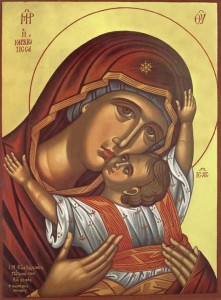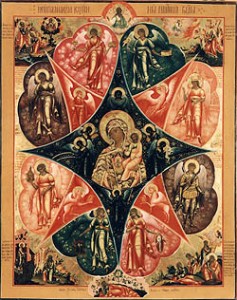Post Author: Bill Pratt
Picking up from part 1, we continue the narrative of God’s dealings with mankind. Recall that God has given the humans a choice to obey him or betray him.
In direct defiance of God, they do exactly what he asked them not to do. They reject his leadership and commit high treason against the author and sustainer of the universe; they reject what he taught them. They say to him “We will be like God.”
God says to them, “I warned you of the consequences and yet you directly disobeyed.” He casts them out of the paradise they lived in, but he sets a plan in motion to reunite these rebellious people with him through time and history. Even though they have turned their back on him, he is not willing to give up. He wants to be with them. He wants them to have eternal life, to never lose the precious gift he has given them.
As history further unfolds, God chooses a man through which he will activate his plan to save the people who have rejected him. God makes a covenant with this man and tells him that he will create a great nation through him, a chosen people on whom God will lavish special attention. He will bless them with great numbers and he will give them a bountiful land. These people will be the instrument that God uses to finally reunite all of mankind with himself.
But there are conditions, because God is still holy and he cannot not be holy. His nature never changes. He is eternally good and so his people must be good. God says to this nation, “If you will obey me, you will prosper; if you do not obey me, you will be cursed. Is this a fair deal?” The people say “Yes! We gladly accept these terms from the author of life.”
Time goes by and this nation of people start to reject God. They ignore his laws, they worship false gods, they perform perverse acts with and against each other. They fall into complete rebellion against all of God’s ways.
God looks at this and thinks, “They must have forgotten my covenant, my deal with them. I’ll send a messenger to remind them.” In fact, he sends several messengers who remind the people of their deal with God. They are reminded of his holiness, his beauty, his goodness, but they aren’t interested in the message.
In fact, these messengers that God lovingly sends are massacred! They must run for their lives. They are killed by the sword, they are struck in the face, they are imprisoned, they are stoned to death, and they are sawn in two! Over hundreds of years, God sends his messengers, appealing to the people to return to him, but to no avail.
There must be another way for God to get through, to redeem mankind. In part 3, we will look at God’s next move.

